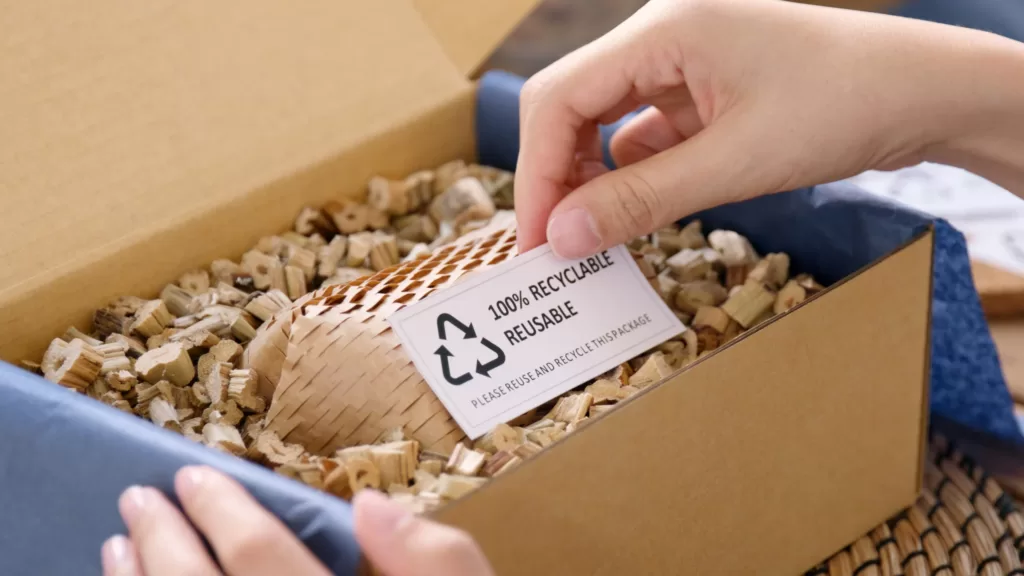
Every purchase holds the potential to foster a more sustainable world. The concept of conscious consumerism has gained prominence. Ethical shopping is not just a trend; it is a commitment to creating a positive impact on the planet and society.
Change The World With Your Wallet
Ethical shopping goes beyond personal preferences and style; it’s about making choices that align with values such as environmental sustainability, fair labor practices, and animal welfare. By understanding the impact of your purchases, you can collectively shape a more ethical and sustainable future.
Get to know how to shop ethically below:
1. Sustainable Materials

Image via Orbasics
You can opt for products made from sustainable materials such as organic cotton, bamboo, or recycled materials. One example of products that are made with organic cotton is sanitary pads. You can buy eco-friendly sanitary pads that are made with organic cotton in Malaysia. These choices contribute to the reduction of environmental impact and support industries moving towards more eco-friendly practices.
2. Fair Trade Brands

Image via Food Navigator
Fair trade ensures that laborers in developing countries receive fair wages and work in safe conditions. Through this, you can also promote human rights. Look for products with the Fair trade label as it supports a system that promotes social and economic sustainability.
3. Cruelty-Free

Image via Garnier
Make sure you choose products labeled as cruelty-free. This indicates that the brand does not test its products on animals, contributing to a more compassionate approach to beauty and personal care.
4. Mindful Packaging

Image via Meyers Printing
When you are buying your items, consider the packaging of products. Go for items with minimal or eco-friendly/recycled packaging materials. This choice helps to reduce waste and minimizes the environmental impact of your purchases.
5. Local and Artisanal

Image via Yahoo News Malaysia
Support your local businesses and artisans. This can help develop the local economy and ensure that products are made with care and craftsmanship. It reduces the carbon footprint associated with transportation and supports community sustainability.
For example, you can support Malaysian’s The Asli Co. It will not only empower Malaysian women’s indigenous community but also support their handmade products!
Conscious consumerism is a powerful tool for positive change. By understanding how to shop ethically and making intentional choices, consumers become active participants in creating a more sustainable and ethical future. Embracing ethical shopping makes way for a better tomorrow where sustainability is not just a choice but a way of life.










